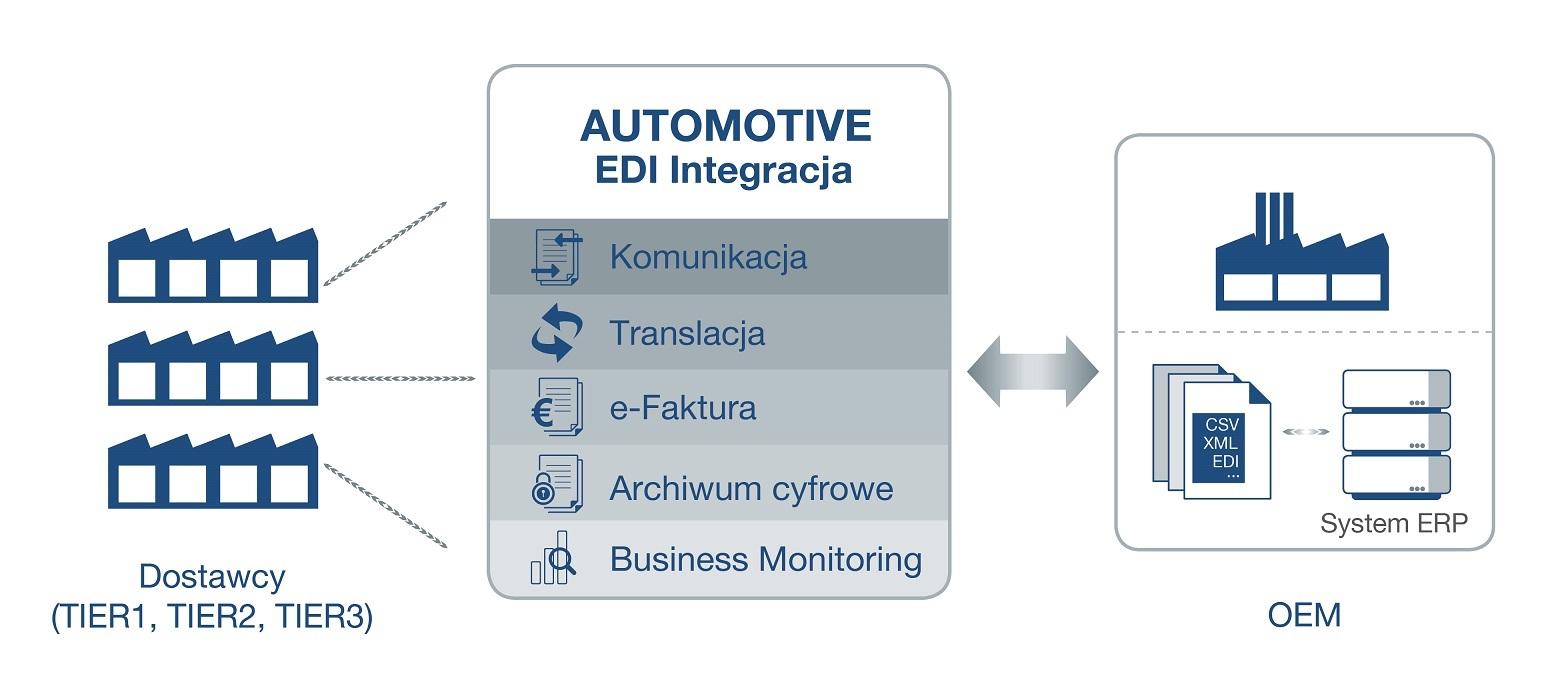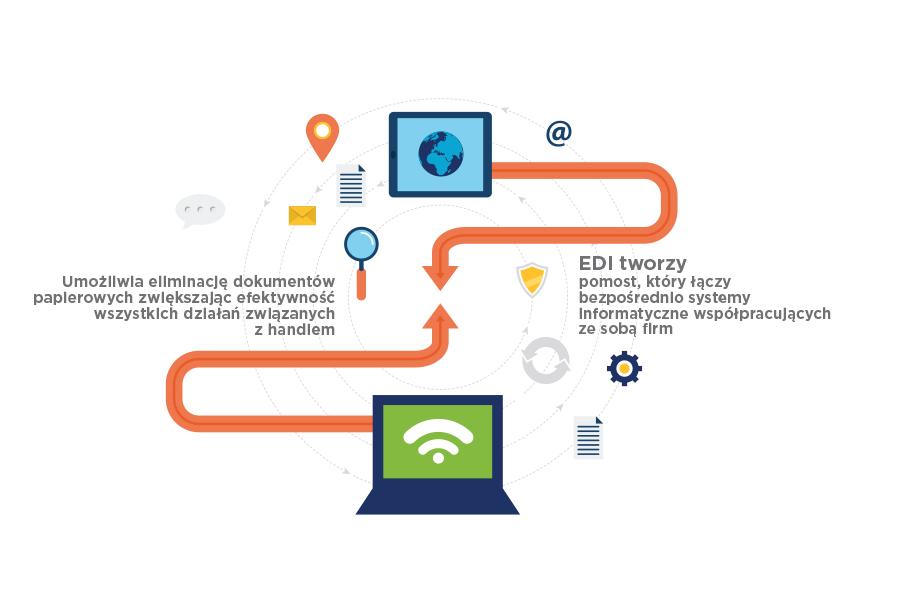In a world that never sleeps, where goods need to be transported across continents with speed and efficiency, the role of EDI (Electronic Data Interchange) in logistics, transport, and shipping is more vital than ever before. From optimizing supply chains to streamlining communication between trading partners, EDI technology has revolutionized the way businesses manage their transportation needs. Let’s delve into the exciting world of EDI logistics and discover how this digital innovation is driving the future of global commerce.
– Enhancing Efficiency through EDI Integration in Logistics Operations
Efficient logistics operations are essential for the success of any business. By integrating Electronic Data Interchange (EDI) into your logistics processes, you can streamline communication, reduce manual errors, and improve overall efficiency. EDI allows for the automated exchange of standardized documents such as purchase orders, invoices, and shipping notices between trading partners. This not only accelerates the flow of information but also eliminates the need for manual data entry, saving time and reducing the risk of errors.
EDI integration in logistics operations also enables real-time tracking and visibility of shipments, leading to improved inventory management and better customer service. With EDI, companies can receive notifications about delays, reroute shipments if necessary, and proactively address any issues that may arise during the transportation process. By harnessing the power of EDI, logistics providers can enhance their operational efficiency, reduce costs, and deliver a more reliable and responsive service to their customers.

– Streamlining Transport Processes with EDI Solutions
Our EDI solutions are revolutionizing the way logistics, transport, and shipping companies streamline their processes. By integrating EDI technology into their systems, companies can automate manual tasks, reduce errors, and improve overall efficiency. With EDI, data exchange between different parties becomes seamless and standardized, leading to faster and more accurate communication.
EDI solutions in logistics also allow for real-time tracking of shipments, inventory management, and order processing. This means companies can monitor the status of their shipments at all times, optimize their inventory levels, and fulfill orders more quickly. With EDI, the entire supply chain becomes more transparent and responsive, leading to improved customer satisfaction and increased profitability.

– Maximizing Visibility and Control in Shipping Operations with EDI Technology
Streamline your shipping operations with the power of Electronic Data Interchange (EDI) technology. By implementing EDI in your logistics and transport processes, you can maximize visibility and control over your shipments. EDI allows for seamless communication between all parties involved in the shipping process, including suppliers, carriers, and customers. This real-time data exchange ensures that everyone is on the same page, leading to more efficient operations and reduced errors.
With EDI technology, you can automate key processes such as order processing, shipment tracking, and invoicing. This automation not only saves time and resources but also minimizes the risk of human error. By integrating EDI into your shipping operations, you can improve accuracy, speed, and overall customer satisfaction. Take your logistics to the next level with EDI and experience the benefits of increased visibility and control in your shipping operations.

– Key Considerations for Successful Implementation of EDI in the Logistics, Transport, and Shipping Industry
When implementing Electronic Data Interchange (EDI) in the logistics, transport, and shipping industry, there are several key considerations that can contribute to a successful integration. First and foremost, it is crucial to ensure that all parties involved, including suppliers, carriers, and customers, are on board with the transition to an electronic platform. Effective communication and training programs should be put in place to educate stakeholders on the benefits and processes of using EDI.
Another important aspect to consider is the selection of the right EDI solution provider. It is essential to choose a provider with experience in the industry and a proven track record of successful implementations. Additionally, customizable and scalable solutions that can adapt to the specific needs of your logistics operations are paramount. By carefully evaluating these key factors, companies in the logistics, transport, and shipping sector can streamline their operations, reduce manual errors, and enhance overall efficiency.
Wrapping Up
In conclusion, EDI technology has revolutionized the way logistics, transport, and shipping operations are managed. By streamlining communication, increasing efficiency, and reducing errors, EDI has become a vital tool for businesses looking to stay competitive in an increasingly interconnected world. As technology continues to evolve, the future of EDI in logistics looks promising, with even more innovations on the horizon. Stay tuned for more updates on how EDI is reshaping the industry and driving businesses towards success.
